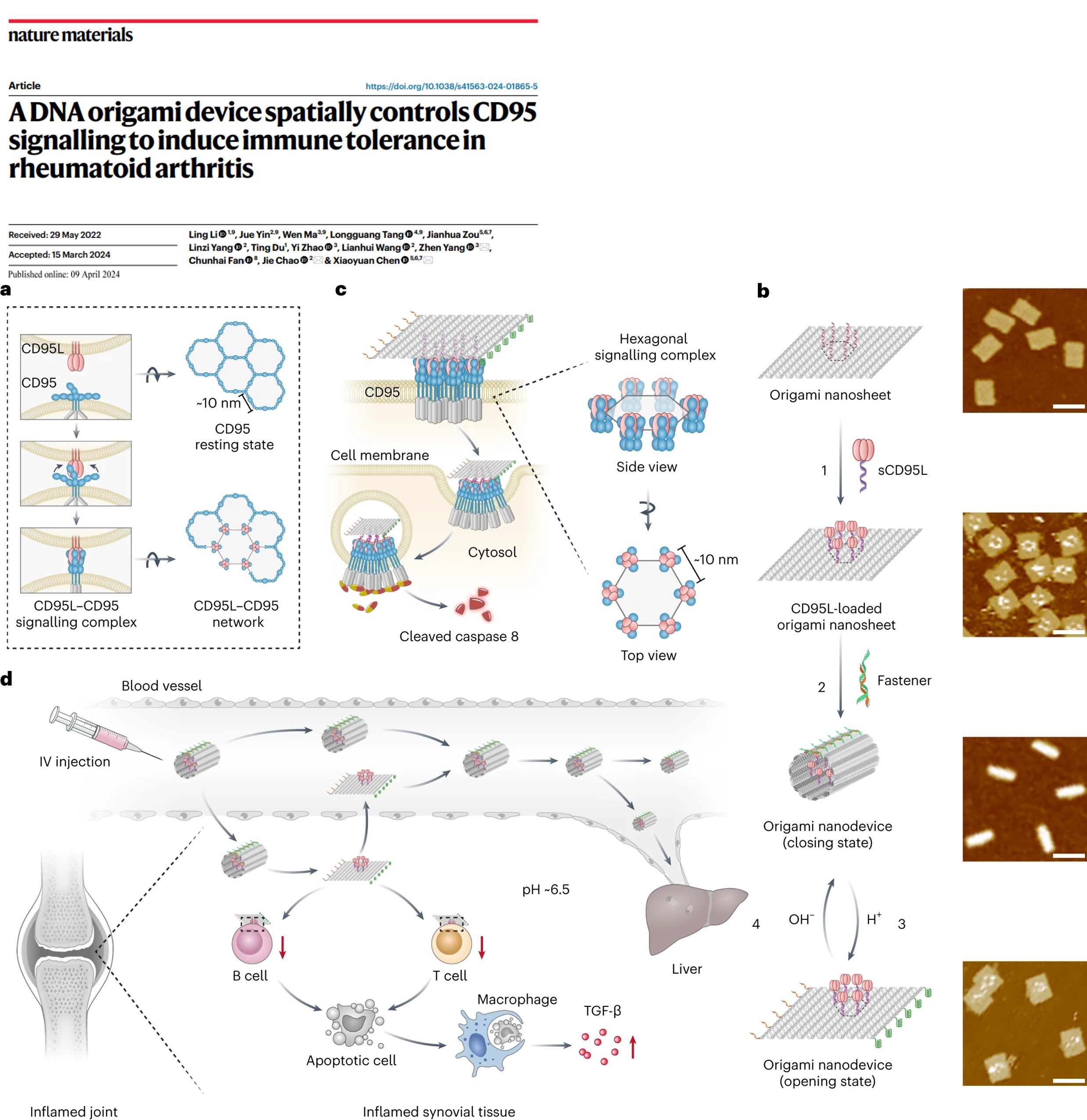Abstract
The metabolic reprogramming of tumors requires high levels of adenosine triphosphate (ATP) to maintain therapeutic resistance, posing a major challenge for photothermal therapy (PTT). Although raising the temperature helps in tumor ablation, it frequently leads to severe side effects. Therefore, improving the therapeutic response and promoting healing are critical considerations in the development of PTT. Here, we proposed a gas-mediated energy remodeling strategy to improve mild PTT efficacy while minimizing side effects. In the proof-of-concept study, a Food and Drug Administration (FDA)-approved drug-based hydrogen sulfide (H2S) donor was developed to provide a sustained supply of H2S to tumor sites, serving as an adjuvant to PTT. This approach proved to be highly effective in disrupting the mitochondrial respiratory chain, inhibiting ATP generation, and reducing the overexpression of heat shock protein 90 (HSP90), which ultimately amplified the therapeutic outcome. With the ability to reverse tumor thermotolerance, this strategy delivered a greatly potent antitumor response, achieving complete tumor ablation in a single treatment while minimizing harm to healthy tissues. Thus, it holds great promise to be a universal solution for overcoming the limitations of PTT and may serve as a valuable paradigm for the future clinical translation of photothermal nanoagents.
Read More: https://onlinelibrary.wiley.com/doi/10.1002/anie.202304312



